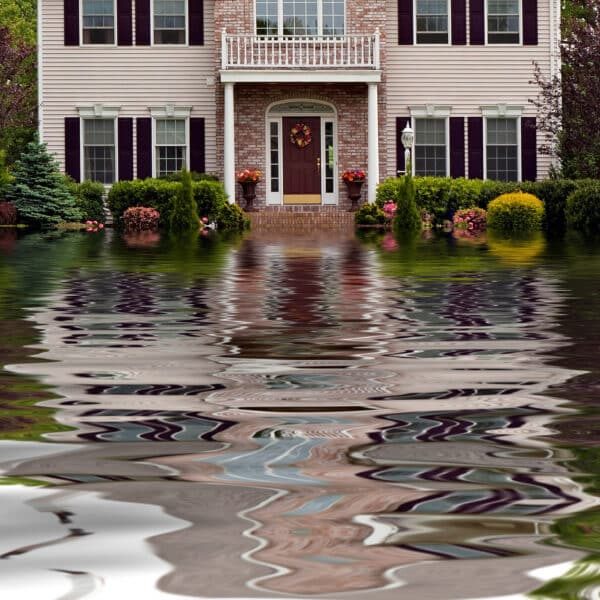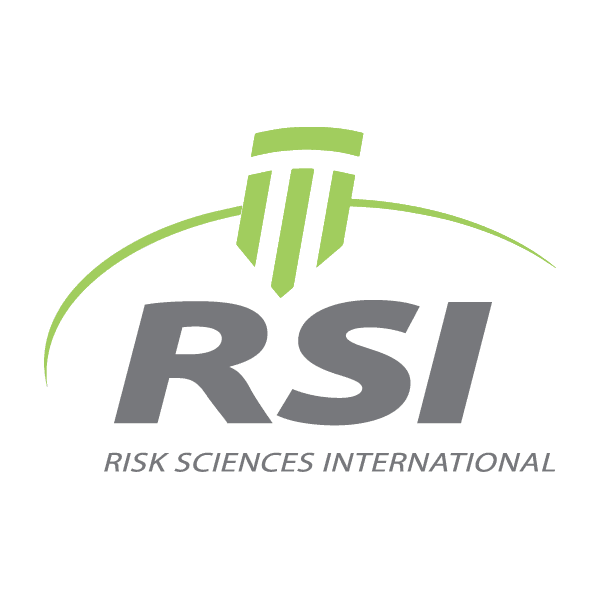Flooding is one of the most common and destructive natural hazards, affecting millions of people each year. Whether caused by heavy rainfall, snowmelt, storm surges, or river overflow, floods can result in loss of life, property damage, infrastructure failure, and long-term economic disruption. Climate change is intensifying flood risks by altering precipitation patterns, raising sea levels, and increasing the frequency of extreme weather events.
The complexity of flood risk lies in its variability across regions and populations. Urban areas face flash flooding due to impervious surfaces and strained stormwater systems, while rural and coastal communities contend with riverine floods and storm surges. Vulnerable populations — including low-income groups and those in floodplains — often experience disproportionate impacts. Governments must integrate flood risk into planning and emergency management, industries must safeguard assets and operations, and communities require reliable information and protective infrastructure.
Risk sciences provide tools to quantify flood likelihoods, model scenarios, and evaluate potential consequences. These insights enable evidence-based planning for land use, infrastructure design, insurance mechanisms, and emergency response. Risk communication is equally vital, ensuring that warnings are timely, clear, and actionable for populations at risk.
RSI is committed to strengthening flood risk management, offering expertise and experience that help protect communities and support resilience.

